"Serbia to accelerate EU progress"
Slovenian President Danilo Turk says that Slovenia is keen to see Serbia accelerating its progress toward Europe.
Wednesday, 24.12.2008.
12:01

Slovenian President Danilo Turk says that Slovenia is keen to see Serbia accelerating its progress toward Europe. However, he highlighted the “great importance” of the extradition of Ratko Mladic to the Hague Tribunal. "Serbia to accelerate EU progress" “Slovenia has come in for criticism for excessively underlining the necessity to step up Serbia's accession to the European Union (EU), ignoring the need to coordinate that progress with Belgrade's cooperation with the tribunal in the Hague. At this point, the question of Ratko Mladic is very important,” Turk said in an interview for Belgrade daily Vecernje Novosti published on Wednesday. Asked whether it was possible to unfreeze the Interim Trade Agreement with the EU and the Stabilization and Association Agreement (SAA) even without Mladic in The Hague, as certain European countries have said they will attempt to pressure Holland into doing, and whether Slovenia would be a party to this, Turk replied that Holland had its reasons why it was not yielding to the pressure. Turk does not know at this point whether there is a formula that would enable the unfreezing of the agreement without Mladic's presence in The Hague, adding that he did not wish to encourage any false illusions in that regard. The president said that relations between Slovenia and Serbia were now sound and that “a good level of understanding exists between the two countries.” “Our embassy in Belgrade was the subject of an attack in February, even before we’d recognized Kosovo’s independence. That left a negative impression in our country. Slovenia recently received a new government and I’d like that fact to be used to conduct a review of relations thus far between our countries and for them to move forward,” he said. Asked about recent criticisms that Slovenian businessmen receive better treatment in Serbia than vice versa, Turk replied that it was “necessary to establish a higher degree of balance.” “That said, the fact that European rules apply in Slovenia causes certain problems. I personally am in favor of resolving the visa regime—I’ve said this on many occasions in EU institutions. It hampers communication, it’s no good to anyone,” said Turk. He said that there was still room for Serbian investment and companies in Slovenia, adding that, next year, this would depend on economic conditions that would not be favorable for either Slovenia or Serbia. “It would do no-one any good if economic cooperation depended too much on political relations. States should create the conditions for economic cooperation to develop, as is the case with Slovenia and Serbia, who have signed all the necessary inter-state agreements. Annual trade between our countries is EUR 1bn. Slovenia has invested around EUR 1.5bn in the Serbian economy,” said Turk.
"Serbia to accelerate EU progress"
“Slovenia has come in for criticism for excessively underlining the necessity to step up Serbia's accession to the European Union (EU), ignoring the need to coordinate that progress with Belgrade's cooperation with the tribunal in the Hague. At this point, the question of Ratko Mladić is very important,” Turk said in an interview for Belgrade daily Večernje Novosti published on Wednesday.Asked whether it was possible to unfreeze the Interim Trade Agreement with the EU and the Stabilization and Association Agreement (SAA) even without Mladić in The Hague, as certain European countries have said they will attempt to pressure Holland into doing, and whether Slovenia would be a party to this, Turk replied that Holland had its reasons why it was not yielding to the pressure.
Turk does not know at this point whether there is a formula that would enable the unfreezing of the agreement without Mladić's presence in The Hague, adding that he did not wish to encourage any false illusions in that regard.
The president said that relations between Slovenia and Serbia were now sound and that “a good level of understanding exists between the two countries.”
“Our embassy in Belgrade was the subject of an attack in February, even before we’d recognized Kosovo’s independence. That left a negative impression in our country. Slovenia recently received a new government and I’d like that fact to be used to conduct a review of relations thus far between our countries and for them to move forward,” he said.
Asked about recent criticisms that Slovenian businessmen receive better treatment in Serbia than vice versa, Turk replied that it was “necessary to establish a higher degree of balance.”
“That said, the fact that European rules apply in Slovenia causes certain problems. I personally am in favor of resolving the visa regime—I’ve said this on many occasions in EU institutions. It hampers communication, it’s no good to anyone,” said Turk.
He said that there was still room for Serbian investment and companies in Slovenia, adding that, next year, this would depend on economic conditions that would not be favorable for either Slovenia or Serbia.
“It would do no-one any good if economic cooperation depended too much on political relations. States should create the conditions for economic cooperation to develop, as is the case with Slovenia and Serbia, who have signed all the necessary inter-state agreements. Annual trade between our countries is EUR 1bn. Slovenia has invested around EUR 1.5bn in the Serbian economy,” said Turk.










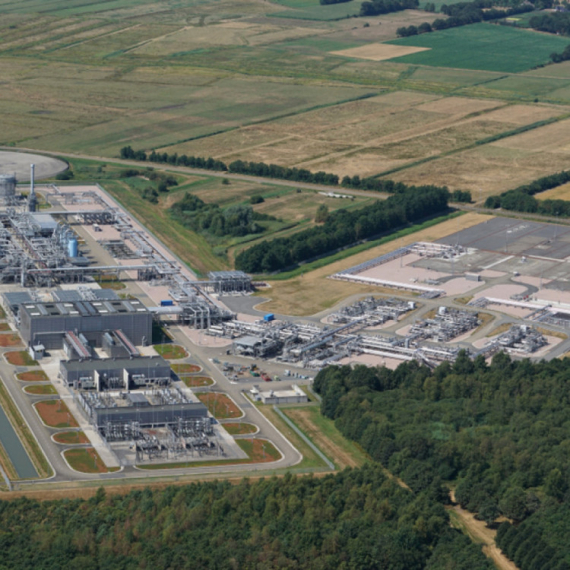
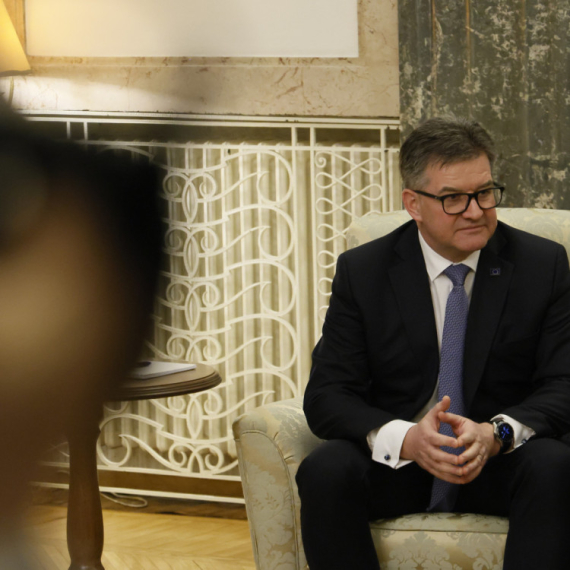
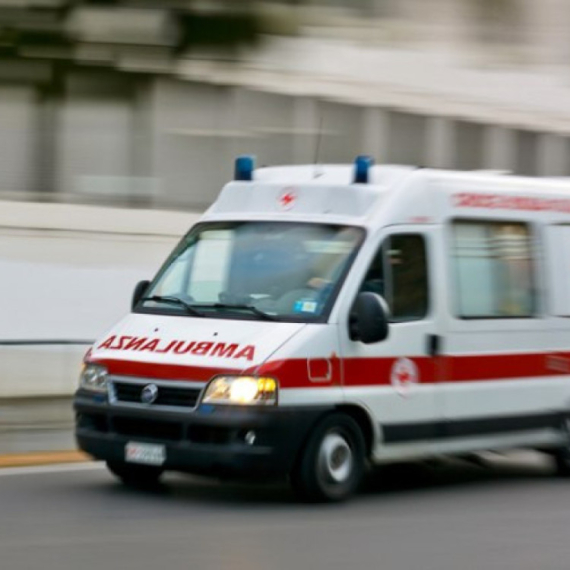
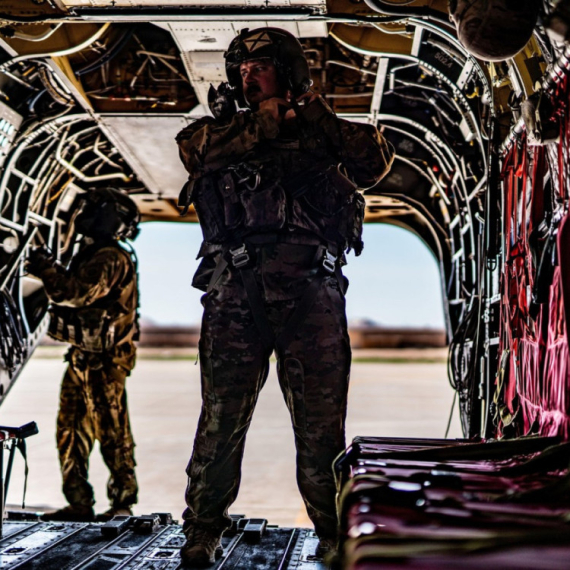
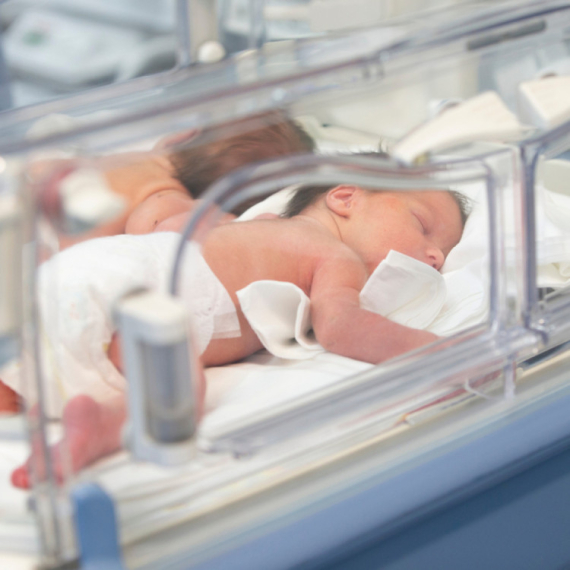
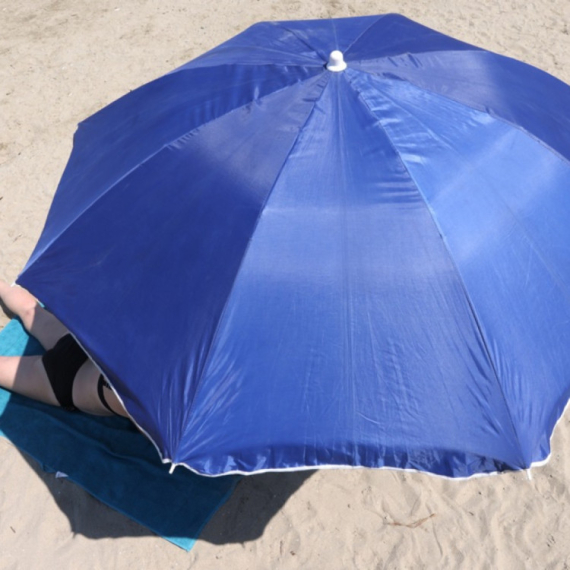




































Komentari 3
Pogledaj komentare